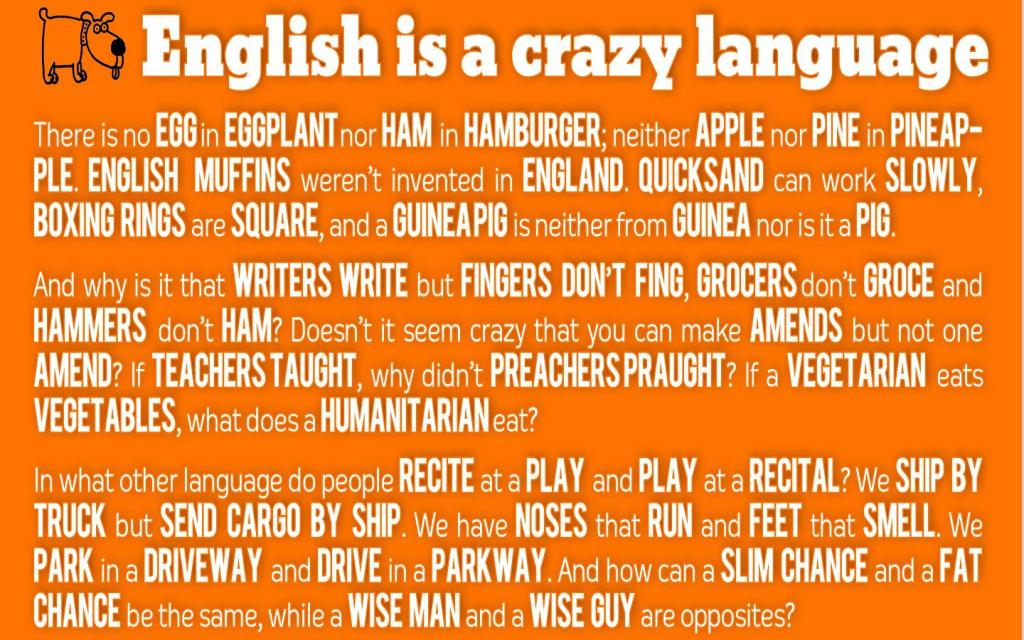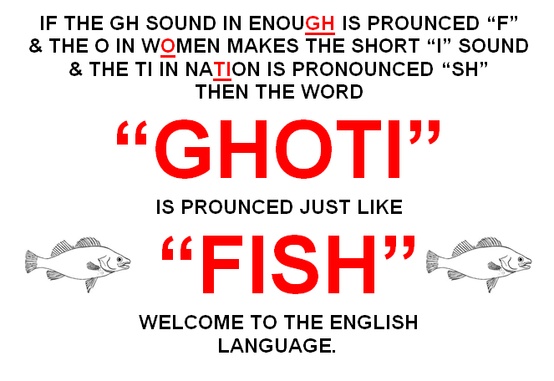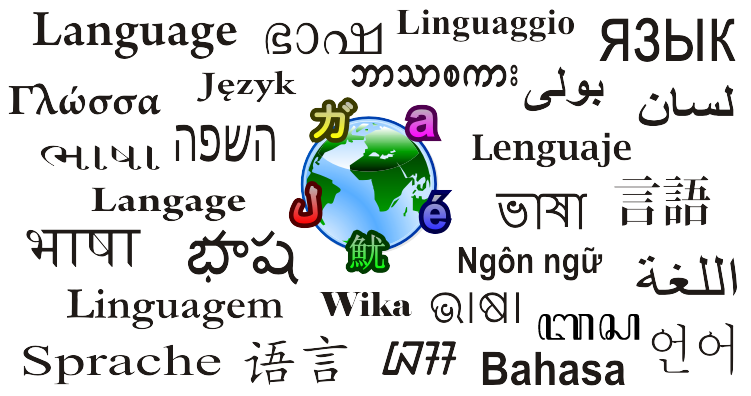English. It’s a bastard language.
~Wayne Hall
Introductory comment number one: judging by how many millions of Speakers of English as a Second or Third Language are mispronouncing these words, including TESOL teachers, I have no idea to what extent their original, correct pronunciation will be relevant, say, 20 years from now. The evolution of the language will be highly unpredictable (not that anything in this world is so predictable, ahem) because it has the largest speakers as a foreign language/natives speakers ratio in the world: for every native speaker there are at least two who speak it at or above a conversational level, and many more the lower you set the bar. Source for the above.
Introductory comment number two: English, for all intents and purposes and despite its foundational inconsistencies, the current world language. Need more proof that people don’t work as rational actors and the world isn’t a product thereof?
The kind lady who recited the poem below, originally found here, requests that people not “hotlink to them or steal them for their own website”. Well, I don’t if this counts as stealing, but if it does… This is the web, dear Ms. English Teacher.
The bandage was wound around the wound.
The farm was used to produce produce.
The dump was so full that it had to refuse more refuse.
We must polish the Polish furniture.
He could lead if he would get the lead out.
The soldier decided to desert his dessert in the desert.
Since there is no time like the present, he thought it was time to present the present.
At the army base, a bass was painted on the head of a bass drum.
When shot at, the dove dove into the bushes.
I did not object to the object.
The insurance was invalid for the invalid.
There was a row among the oarsmen about how to row.
They were too close to the door to close it.
A buck does funny things when does are present.
A seamstress and a sewer fell into a sewer.
To help with planting, the farmer taught his sow to sow.
The wind was too strong to wind the sail.
After a number of Novocain injections, my jaw got number.
Upon seeing the tear in the painting I shed a tear.
I had to subject the subject to a series of tests.
How can I intimate this to my most intimate friend?
I spent last evening evening out a pile of dirt.
Anonymous (unless you know better)
A rough coated, dough faced, thoughtful poughman, strode through the streets of Scarborough. After falling into a Sloug, he coughed and hiccoughed.
Last but not least: follow this, if you’ve got what it takes. Use this video as a guide and see how well you fare.
Just as an aside, there is a slightly different version of this poem right here, and here’s a link to a .pdf of it in the International Phonetic Alphabet.









